You probably wouldn’t let a customer bring their own roast into your restaurant to be served as their entrée. But a BYO B - also known as “Bring Your Own Bottle,” as in bottle of wine - is worth considering.
Wine enthusiasts often have hundreds of special wines collecting dust at home that they’d prefer to drink with a finely cooked meal in your restaurant. A friendly BYOB policy will help you attract those wine-loving customers. Pair it with a well-planned corkage fee, and you’re keeping your profits while also avoiding folks who just want to save money on drinks.
What does a smart corkage fee policy include, and how do you decide what your corkage charge will be? Here’s everything you need to know about setting an effective corkage fee that keeps wine lovers coming to your restaurant while also increasing their checks.
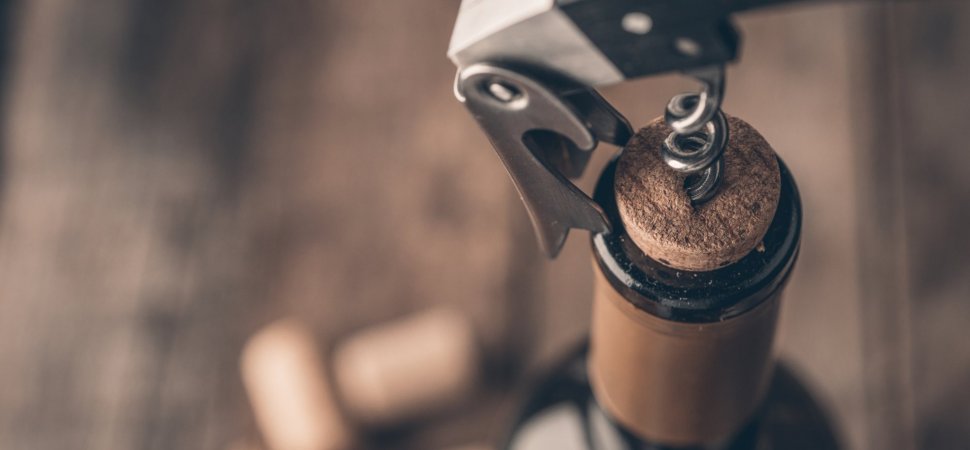
What is a corkage fee, and what does it include?
A corkage fee, also known as a corkage charge, is a charge imposed by restaurants on customers who wish to bring their own bottle of wine. It is typically used by BYO (“Bring Your Own”) restaurants with a wine list in order to recoup the profits they forgo by not selling their own wine.
What is included in a corkage fee varies by restaurant. All restaurants should include the appropriate stemware in their corkage fee. Additionally, most restaurants include a pour service, which entails opening the wine, bringing it to temperature, and refilling glasses as needed.
Deciding whether or not to charge a corkage fee at your restaurant
Most restaurants that allow diners to bring their own wine will charge a corkage fee. The only exceptions are casual restaurants that don’t have a wine list or don’t serve alcohol at all.
However, if your restaurant does have a wine list, customers who bring in their own bottles are essentially cutting into your profits if you don’t charge. On top of that, you may not be offering the product, but you are offering a service. Providing stemware and wine pouring comes at a cost to your restaurant, so patrons should be charged accordingly.
As Tanner Agar, Owner and Chief Experience Officer of Rye Restaurant in the greater Dallas, Texas area, puts it,
We have an entire team and building all being covered by our ability to sell. You buying wine at target doesn't help us stay in business. Not having a corkage fee is throwing away money and telling your guests that your wine isn't worth drinking.
Of course, keep in mind that it is also your choice to decide whether or not you have a BYO policy at all. For example, Matthew Kraner, one of Los Angeles’s top sommeliers and owner of several restaurants and wine bars, applies a corkage fee at his BYO restaurant Good Measure, but does not allow outside wines in his wine bars. If your business is highly wine-centric and you’ve curated a truly exceptional wine list, you may not want to allow customers to bring their own wine.
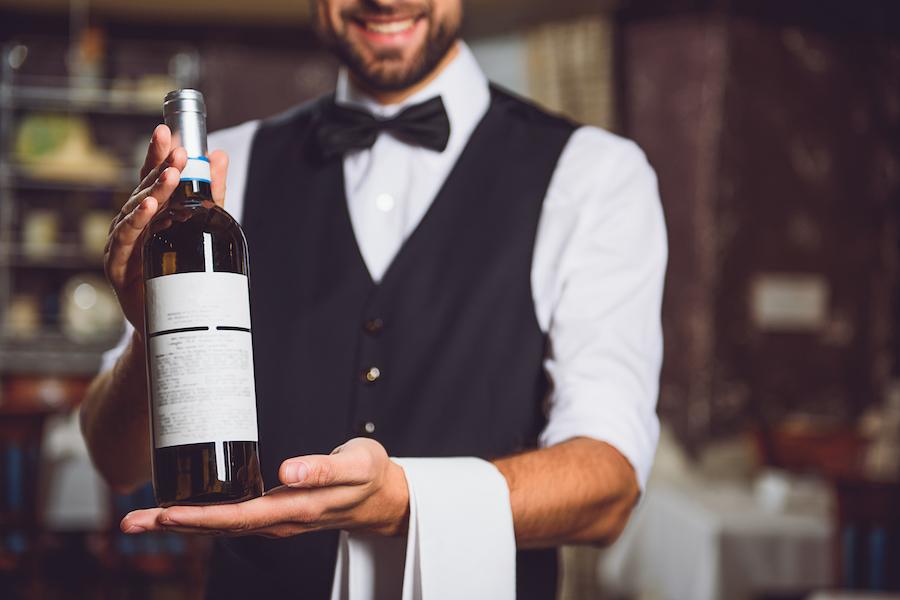
How much should restaurants charge for corkage?
There is no one correct answer to this question. What you charge for corkage will depend on a number of factors. The information below will help guide your decision.
What is the average corkage fee restaurants charge?
Corkage fees most often fall in the $10 to $50 range, with $20 to $25 being the most common charge. However, corkage fees can range from a few dollars to $100+ depending on the establishment.
As Matthew Kraner of Good Measure explains, corkage charges in the $40 to $50 range are “usually found in Michelin starred or Wine Spectator Grand Award-winning restaurants with deep wine lists or fine dining establishments.” A more casual establishment will likely charge less than $20.
How to determine the right corkage charge for your restaurant
A lot of factors will go into deciding what to charge for corkage at your restaurant. You should consider the following questions when determining your corkage charge:
- Are you a fine dining establishment or a casual restaurant?
- What is your daily cost of operation?
- How much does the average guest spend in your restaurant?
- What is the quality of your wine list?
- How much do you pay your servers and dishwashers?
- What sort of glassware does your restaurant use?
You’ll also have to decide whether you want to charge a fixed or variable corkage fee. Some restaurants charge varying corkage fees depending on the wine brought. Others charge a higher fee if the wine is on their wine list.
“Ours is $25,” Tanner Agar of Rye Restaurant explains. “The people who want to bring an exceptional bottle don't care about $25. And if people are trying to save money, this stops that cold.”
Matthew charges similarly. His corkage fee for Good Measure is set at $20, with a two-bottle maximum. Setting a maximum is a great way to improve your table turnover times and prevent larger groups from taking advantage of your BYO policy.
When to waive the corkage fee
Having specials on slow nights, such as a “no corkage fee Tuesdays” promotion, can be a great marketing strategy and a way to bring in revenue during non-peak times. If a diner is visiting for a special occasion, such as a birthday or anniversary, you can offer the first bottle free of corkage fees. Finally, some restaurants offer one bottle free of corkage if the customer also purchases a bottle from their wine list.
Both Tanner and Matthew agree that if a regular, close friend, or winemaker brings in a “truly rare” or incredible bottle, they will waive the corkage fee...especially if that guest is willing to share.
Ultimately, if you do your wine research and craft a truly impressive wine list with a solid menu engineering strategy in mind, even the most seasoned wine collectors won’t be able to resist purchasing your wines. When they do decide to bring in a special bottle, following these guidelines will ensure that you’re still making money off every table.















-1.jpg?width=200&name=pexels-tidos-mes-3134448-21063847%20(1)-1.jpg)
-1.png?width=1812&height=1072&name=TripAdvisor%20%26%20More%20Bookings%20(1)-1.png)
-2.png?width=1812&height=1072&name=Google%20Bookings%20(1)-2.png)


-1.png?width=200&name=TripAdvisor%20%26%20More%20Bookings%20(1)-1.png)
-2.png?width=200&name=Google%20Bookings%20(1)-2.png)
-1.png?width=200&name=Instagram%20Bookings%20(1)-1.png)
-1-png.webp?width=200&name=Facebook%20Integration%20Rectangle%20(1)-1-png.webp)







.webp?width=200&name=download%20(1).webp)
%20(1)-2.webp?width=200&name=Eat%20(34)%20(1)-2.webp)
%20(1)-2.webp?width=200&name=Eat%20(18)%20(1)-2.webp)




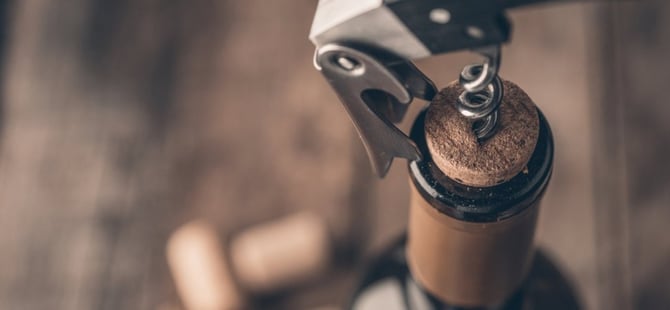
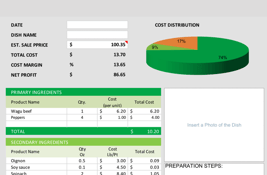

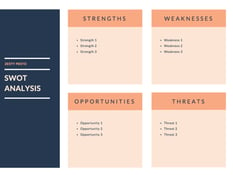
%20(1)-1.webp?width=314&height=175&name=Eat%20(62)%20(1)-1.webp)


.webp?width=144&height=72&name=Eat%20App%20Logo%20(3).webp)